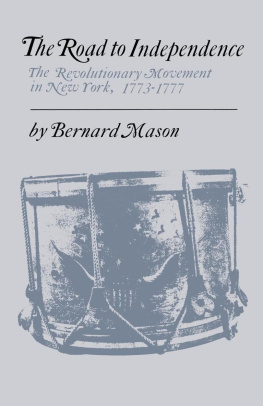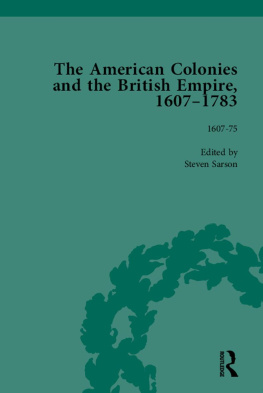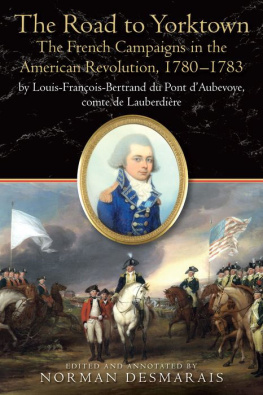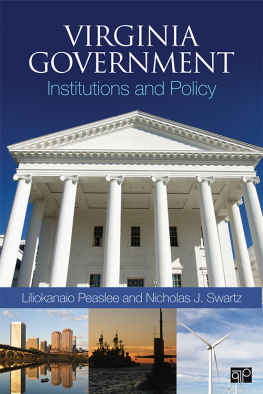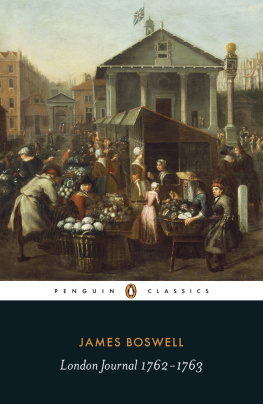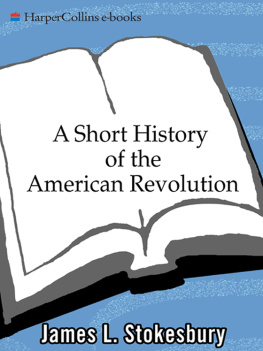Government - The Road to Independence: Virginia 1763-1783
Here you can read online Government - The Road to Independence: Virginia 1763-1783 full text of the book (entire story) in english for free. Download pdf and epub, get meaning, cover and reviews about this ebook. year: 2021, publisher: Litres, genre: History. Description of the work, (preface) as well as reviews are available. Best literature library LitArk.com created for fans of good reading and offers a wide selection of genres:
Romance novel
Science fiction
Adventure
Detective
Science
History
Home and family
Prose
Art
Politics
Computer
Non-fiction
Religion
Business
Children
Humor
Choose a favorite category and find really read worthwhile books. Enjoy immersion in the world of imagination, feel the emotions of the characters or learn something new for yourself, make an fascinating discovery.

- Book:The Road to Independence: Virginia 1763-1783
- Author:
- Publisher:Litres
- Genre:
- Year:2021
- Rating:3 / 5
- Favourites:Add to favourites
- Your mark:
- 60
- 1
- 2
- 3
- 4
- 5
The Road to Independence: Virginia 1763-1783: summary, description and annotation
We offer to read an annotation, description, summary or preface (depends on what the author of the book "The Road to Independence: Virginia 1763-1783" wrote himself). If you haven't found the necessary information about the book — write in the comments, we will try to find it.
The Road to Independence: Virginia 1763-1783 — read online for free the complete book (whole text) full work
Below is the text of the book, divided by pages. System saving the place of the last page read, allows you to conveniently read the book "The Road to Independence: Virginia 1763-1783" online for free, without having to search again every time where you left off. Put a bookmark, and you can go to the page where you finished reading at any time.
Font size:
Interval:
Bookmark:


| N. P. Bradner, Director Division of Secondary Education State Department of Education | Clyde J. Haddock, Assistant Supervisor History, Government, and Geography Service State Department of Education |
| Mrs. Jerri Button, Supervisor History, Government, and Geography Service State Department of Education | James C. Page, Assistant Supervisor History, Government, and Geography Service State Department of Education |
| Thomas A. Elliott, Assistant Supervisor History, Government, and Geography Service State Department of Education | Dr. D. Alan Williams, Consultant THE ROAD TO INDEPENDENCE: VIRGINIA 17631783 Professor of History University of Virginia |

Virginia 17631783
assent to laws the most
wholesome and necessary
for the public good."
 vast quantities of finished products from craftsmen and manufacturers in the mother country. These were years when the English mercantile system worked well. There was lax enforcement of the Navigation Acts, liberal credit from English and Scots merchants, generous land grants from the crown, a minimum of interference in Virginia's government, and peace within the empire. Both mother country and colony were happy with the arrangement. With peace would come a renewal of those "good old days." Or so Virginians thought. But it was not to be so.
vast quantities of finished products from craftsmen and manufacturers in the mother country. These were years when the English mercantile system worked well. There was lax enforcement of the Navigation Acts, liberal credit from English and Scots merchants, generous land grants from the crown, a minimum of interference in Virginia's government, and peace within the empire. Both mother country and colony were happy with the arrangement. With peace would come a renewal of those "good old days." Or so Virginians thought. But it was not to be so.Font size:
Interval:
Bookmark:
Similar books «The Road to Independence: Virginia 1763-1783»
Look at similar books to The Road to Independence: Virginia 1763-1783. We have selected literature similar in name and meaning in the hope of providing readers with more options to find new, interesting, not yet read works.
Discussion, reviews of the book The Road to Independence: Virginia 1763-1783 and just readers' own opinions. Leave your comments, write what you think about the work, its meaning or the main characters. Specify what exactly you liked and what you didn't like, and why you think so.

